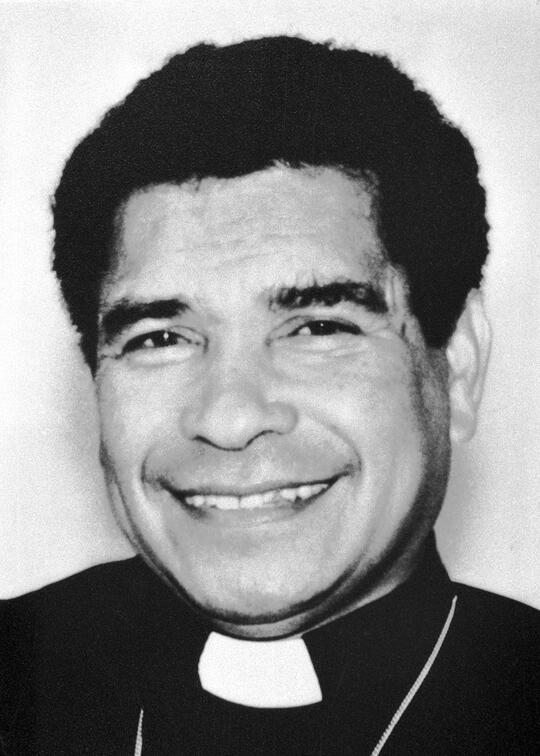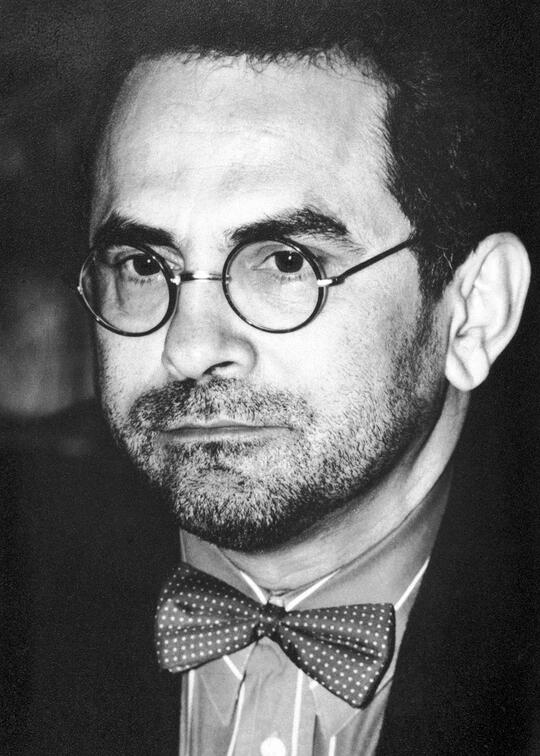1996
Carlos Filipe Ximenes Belo
José Ramos-Horta
for their work towards a just and peaceful solution to the conflict in East Timor

Carlos Filipe Ximenes Belo (1948 -)
East Timor
The Courageous Peace Bishop
The other East Timorese who received the Nobel Peace Prize in 1996 was Carlos Felipe Ximenes Belo. He grew up in a farming family, began taking an interest in religious questions at an early age, and was ordained a Catholic priest in 1981. Shortly after being elected head of the Catholic church in East Timor in 1983, Carlos Belo openly denounced the brutal Indonesian occupation of the province. The occupiers responded by placing Belo under strict surveillance, but the Bishop refused to be intimidated, even by numerous threats to his life. He continued to speak up for nonviolent resistance to the oppression. In 1989 he demanded that the UN arrange a plebiscite on East Timor, and after a bloody massacre two years later he helped to smuggle two witnesses to Geneva, where they described the violations to the United Nations Commission on Human Rights. Belo's struggle gained the sympathy of the Pope in Rome, who demonstrated it by visiting East Timor in the late 1980s.
José Ramos-Horta (1949 -)
East Timor